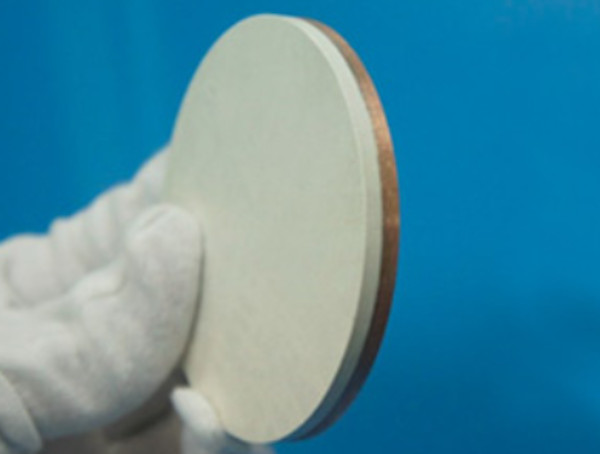
A comprehensive range of sputtering materials and sizes available
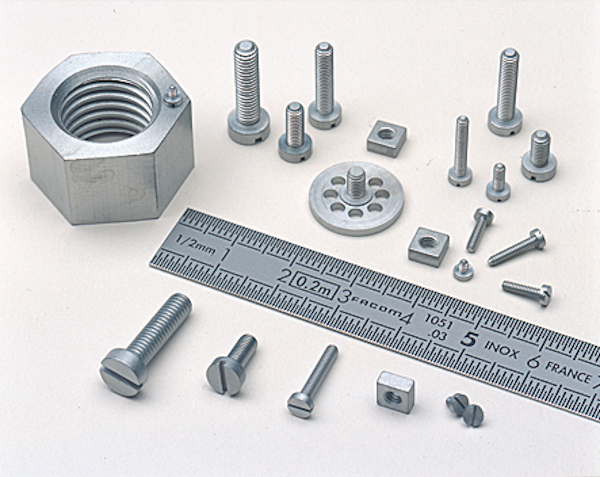
Micro machined components in strategic materials such as molybdenum, tantalum, titanium and niobium
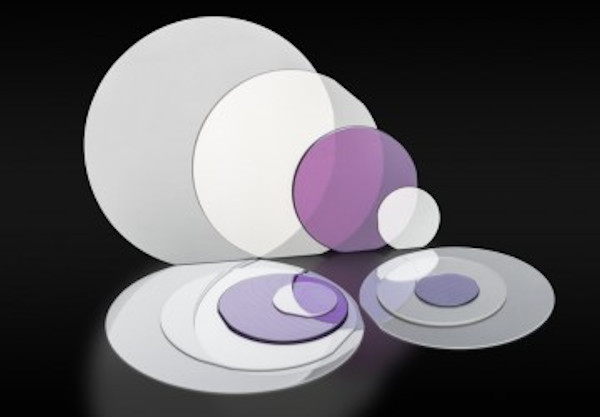
Garnet crystals and substrates for epitaxy
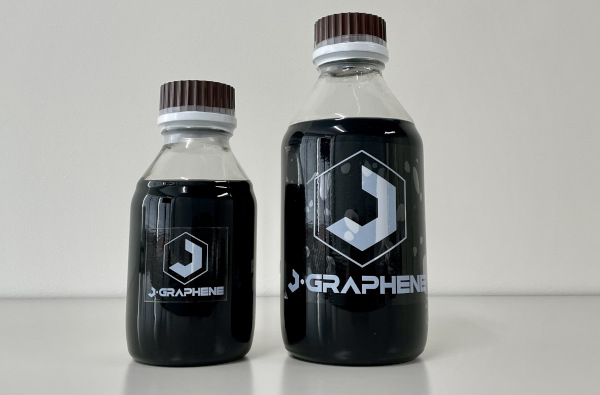
J-GRAPHENE is ahigh quality, low defect graphene dispersion
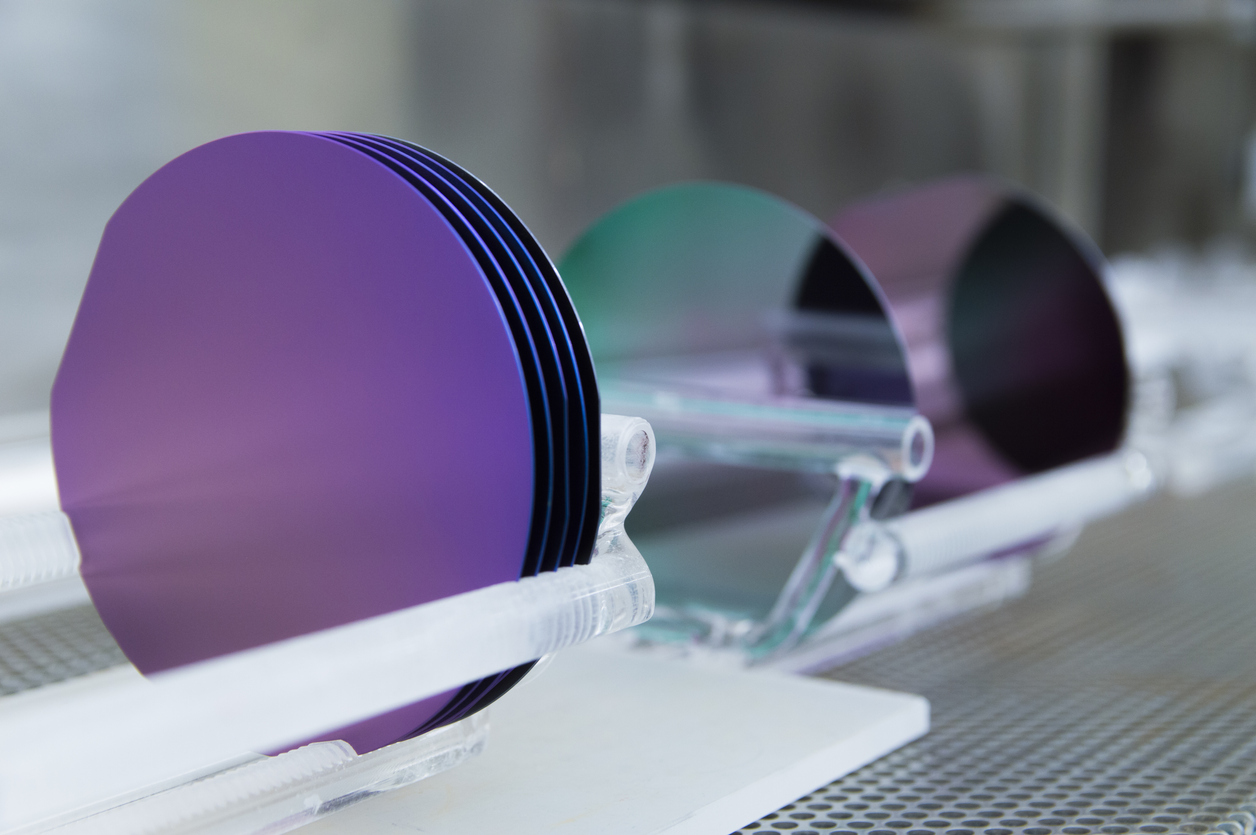
Czochralski (Cz) and float zone (Fz) for a large range of semiconductor applications
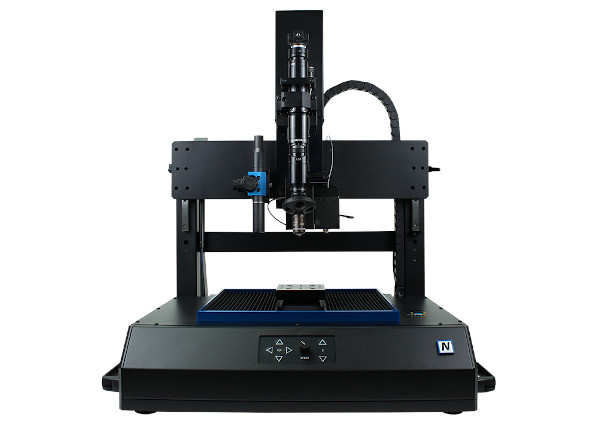
Scratch, indentation and wear testing all on one tool at nano and micro load ranges
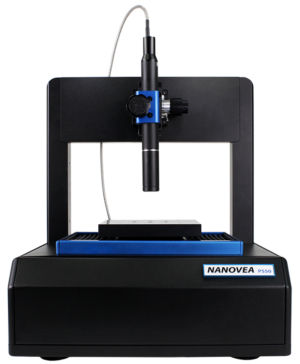
3D non-contact profilometers for collecting and analysing sample height data
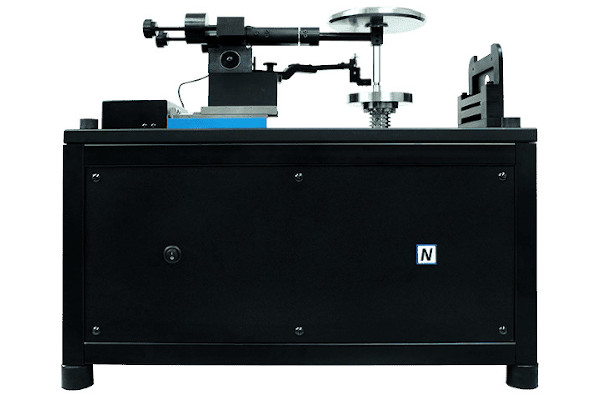
Robust, modular, and powerful pin on disc tribometers
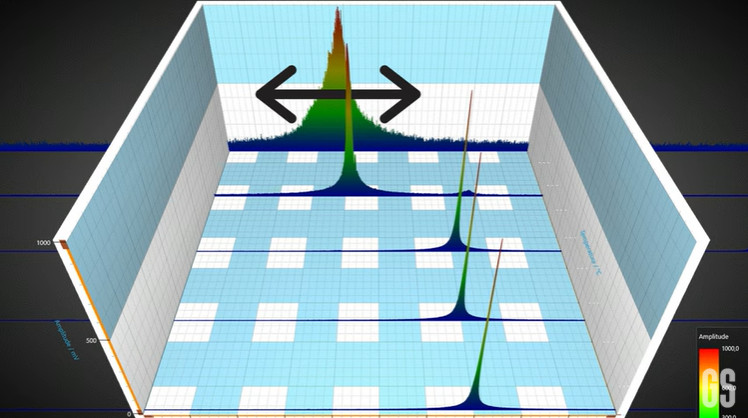
Non-destructive measurement of internal material properties
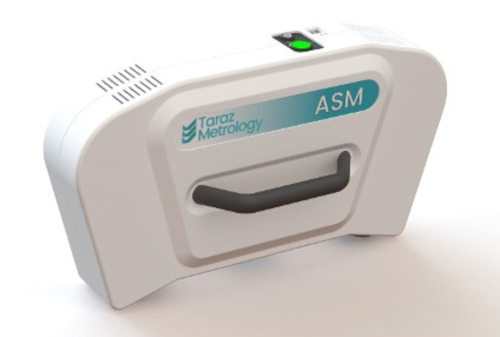
Advanced 3D optical measurement solutions for quality assurance in production
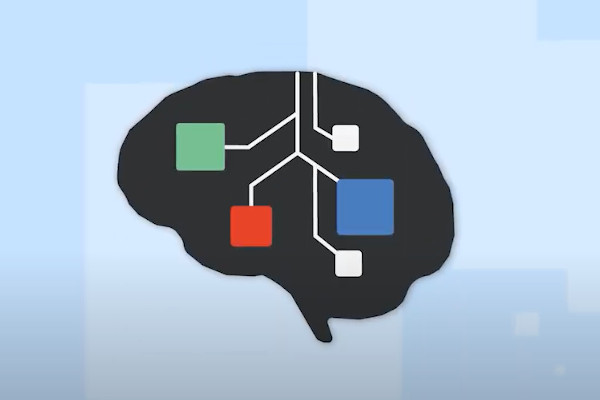
Non-contact technology measuring real time strength and direction of electrical currents
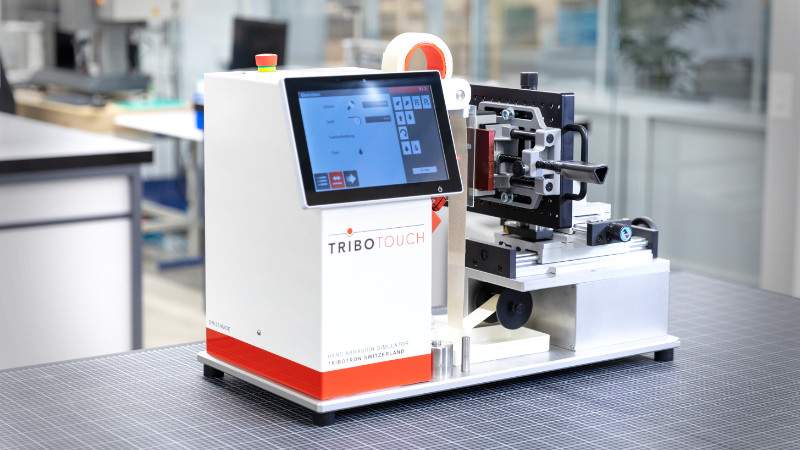
Reproducing the wear interaction between a surface and the human finger
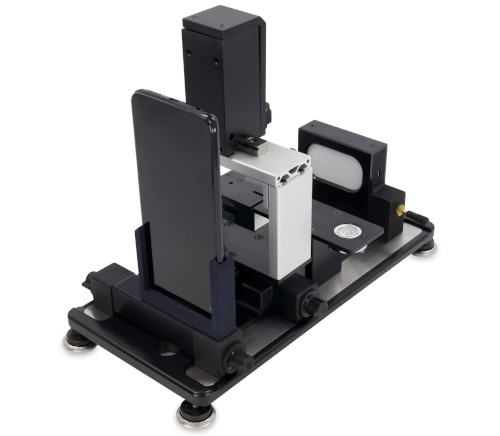
Measurement of surface tension between liquids and solids
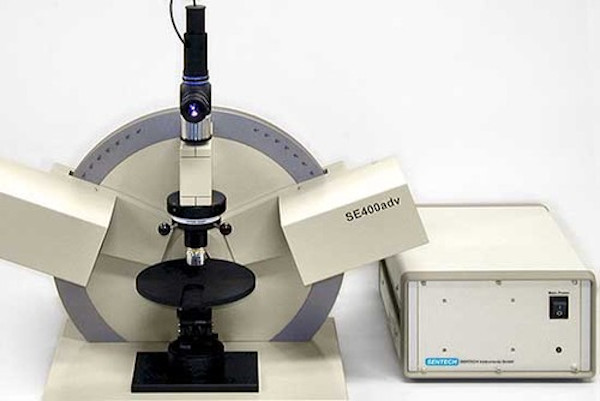
Determining thin film properties by change in polarisation of light
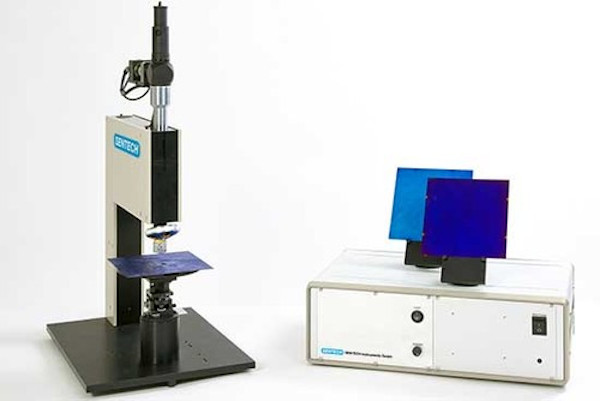
Measuring thin film properties by reflection
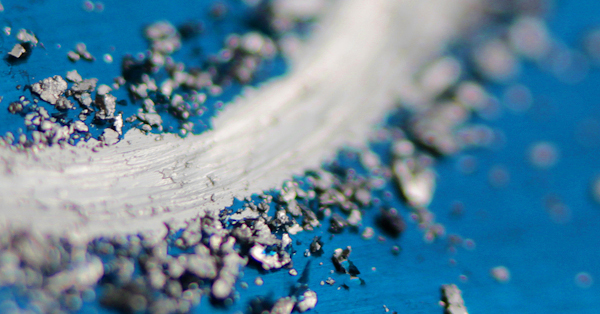
Tribology testing in ambient or tailored environments

Real life testing of finished products in respect of resistance to hand abrasion
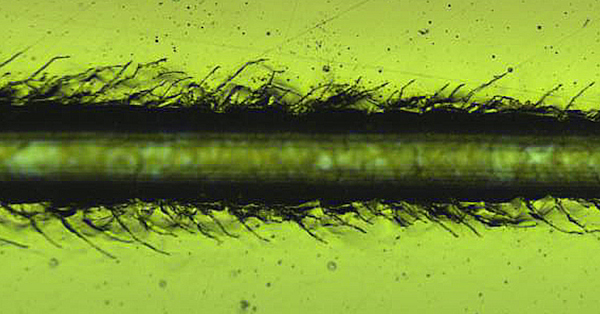
Scratch & indentation for hardness, elastic modulus, adhesion, cohesion plus more
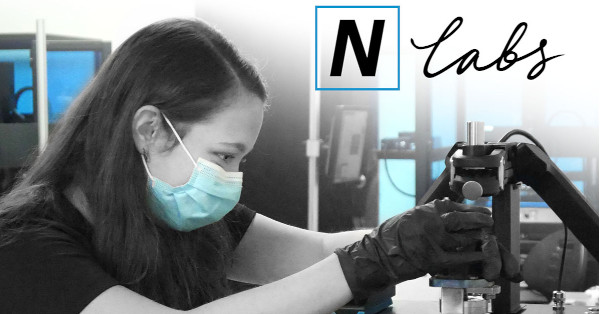
Gain a deeper understanding of your materials
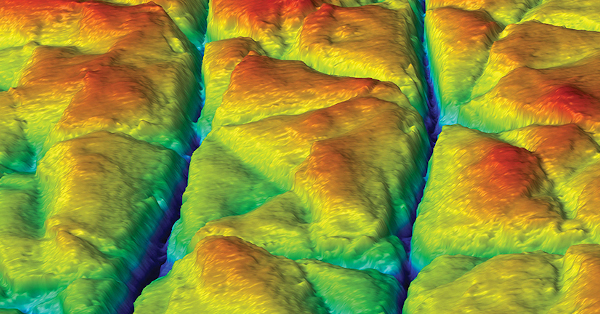
Measure surface roughness, form, profile, finish plus more
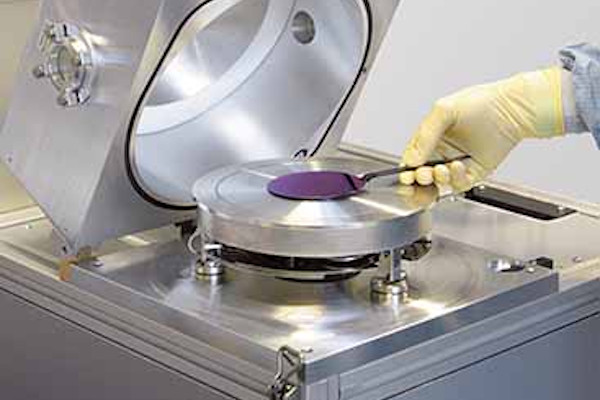
Low damage plasma enhanced chemical vapour deposition
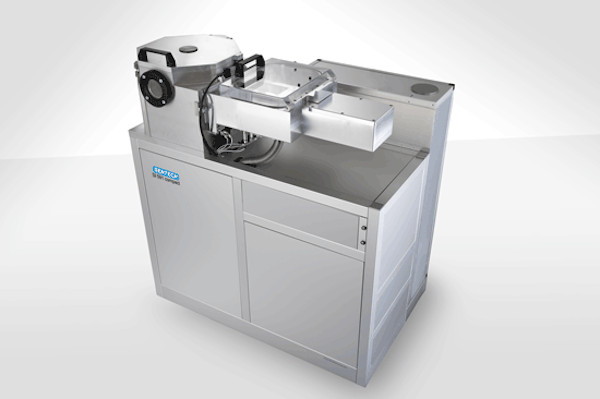
Low damage etching and nano structuring
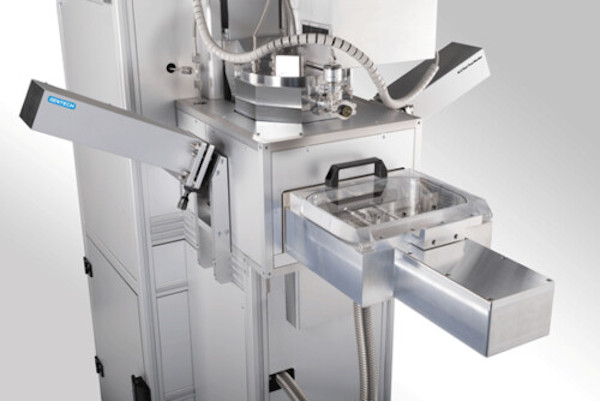
Deposition of layers in the nanometer scale
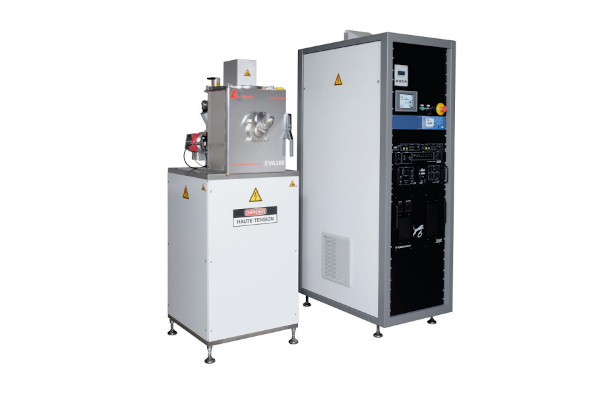
Deposition of coatings by the vacuum evaporation technique
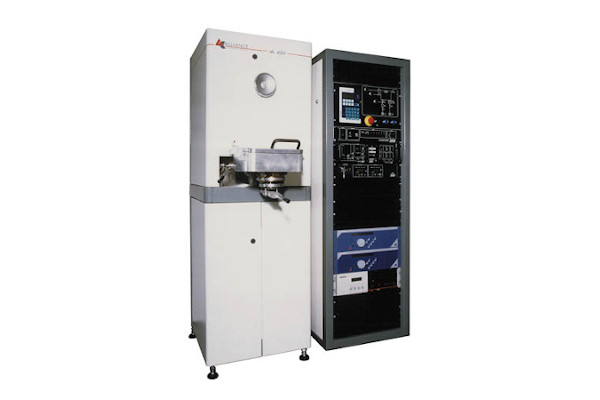
Deposition of coatings by the sputtering technique
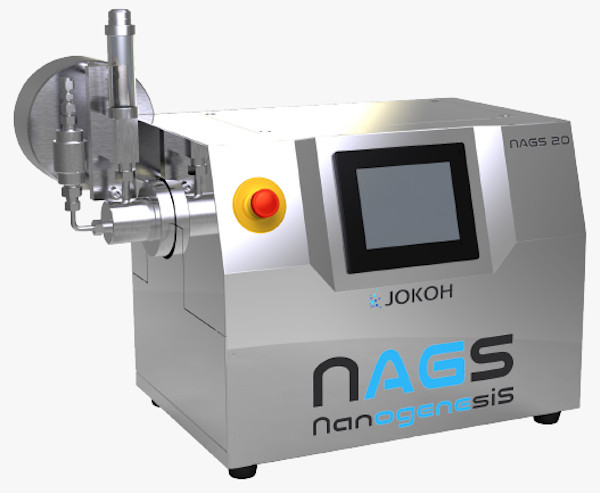
The dispersion, mixing, pulverization or emulsification of materials
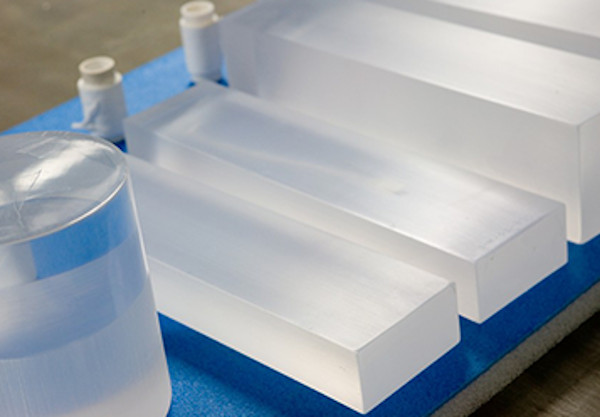
Scintillator materials grown in crystal form
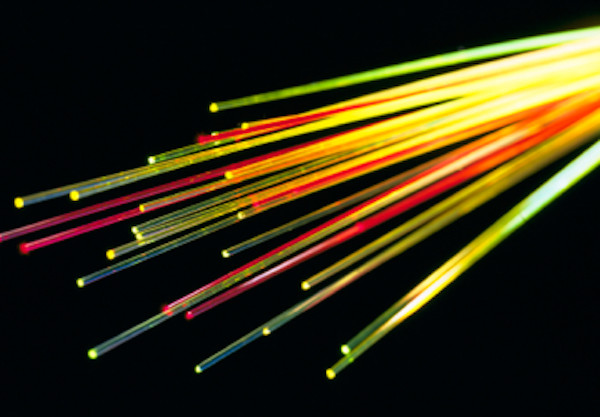
Scintillator material in organic form
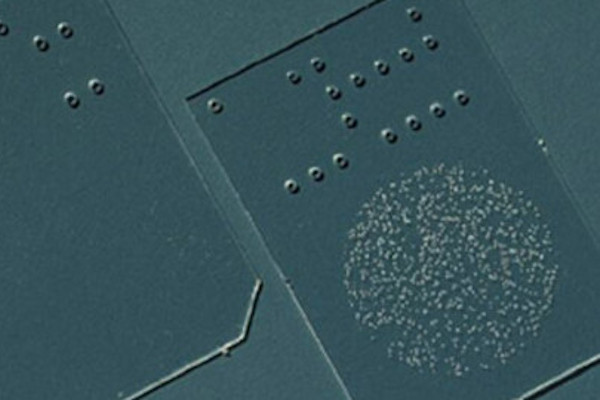
Materials for the measurement of radiation dose
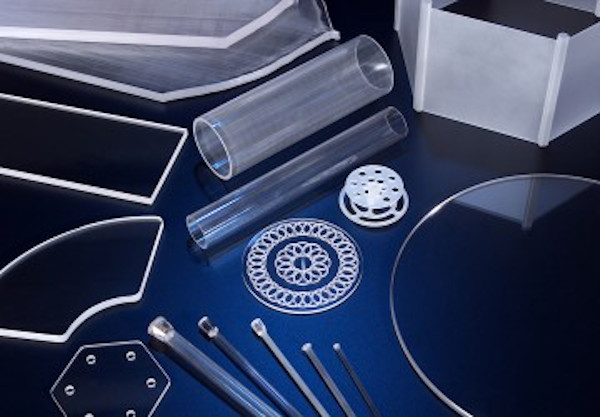
Sapphire in sheet, tube, rod and component form
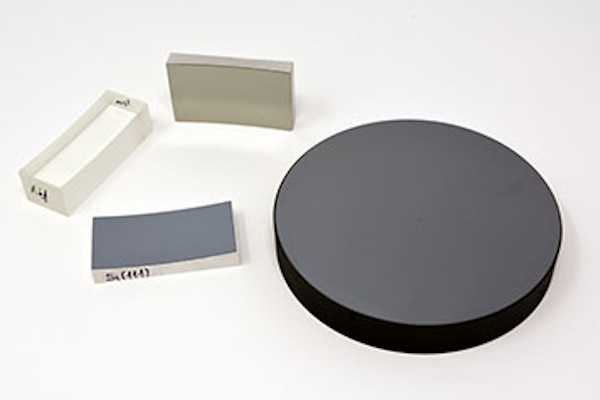
LiF, Quartz or SiO2, InSb, Si, Ge, PET, ADP, Beryl, TlAP, RbAP, KAP and CsAP
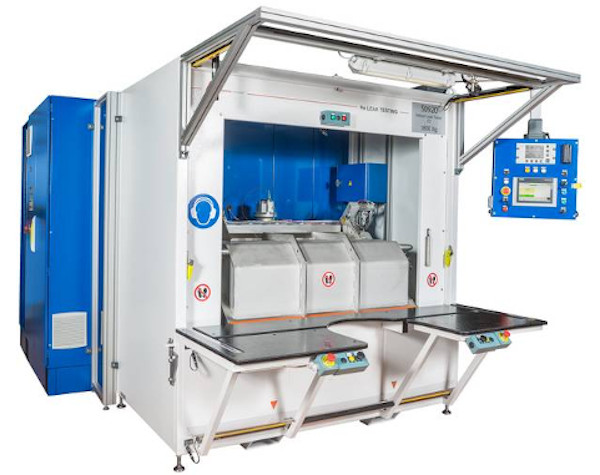
Bespoke leak testing systems for small or large parts
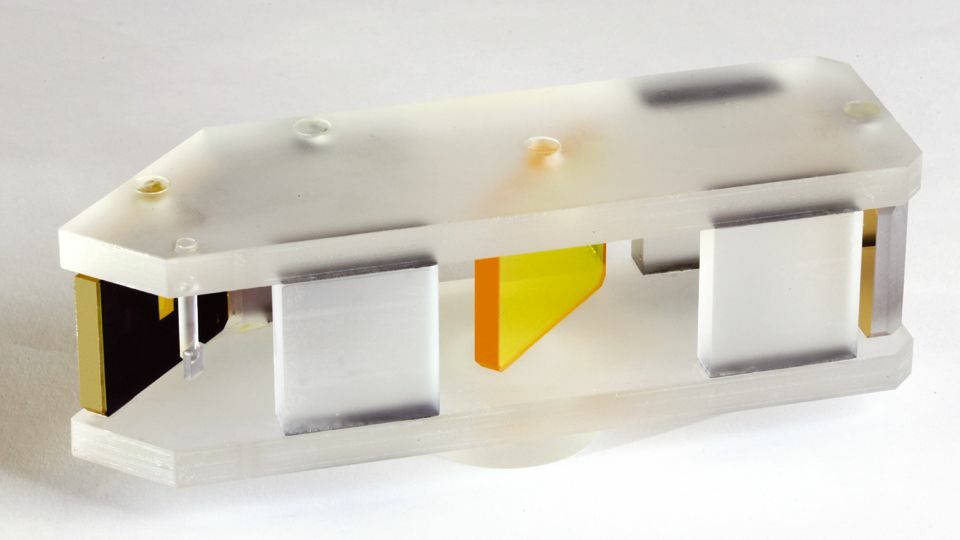
Superb optical stability and unsurpassed shock and vibration resistance
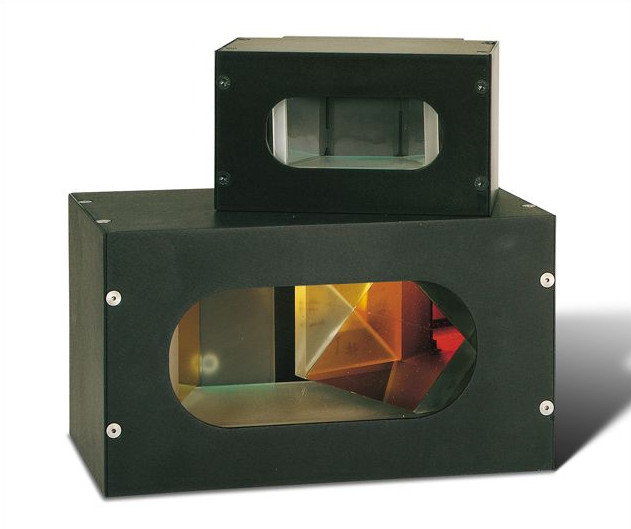
The performance of a penta prism with more control and wavelength transmission
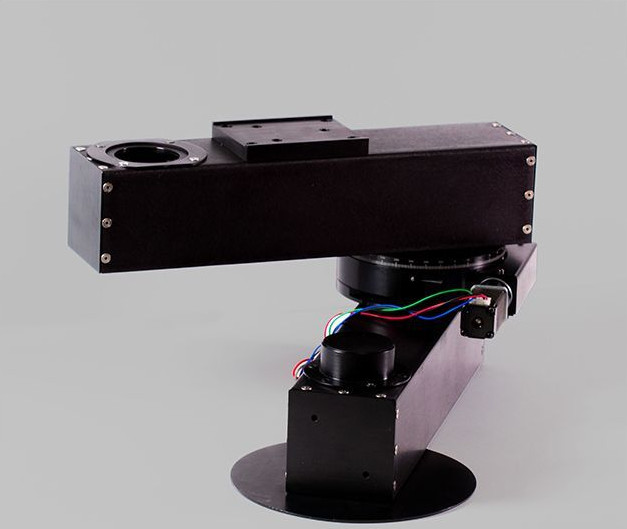
Beam alignment where three or more optical axes are required
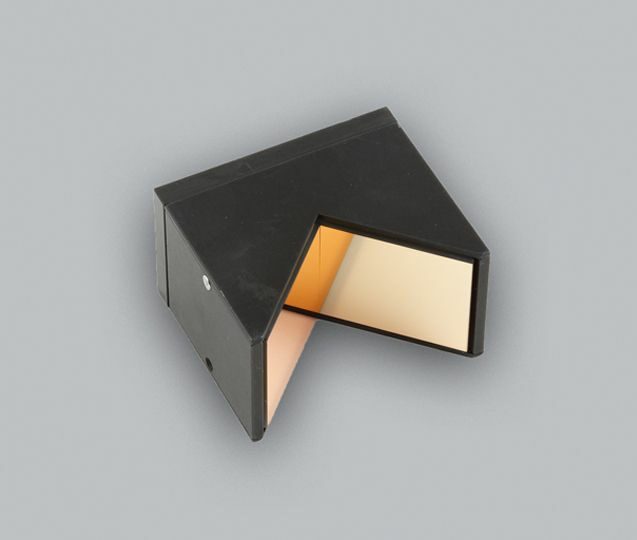
Two-mirror optical assembly arranged at a 90-degree angle
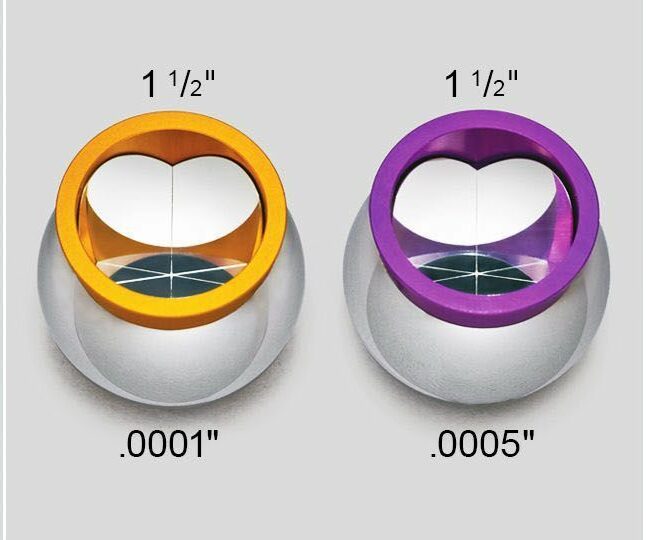
Ball mounted hollow retroreflectors
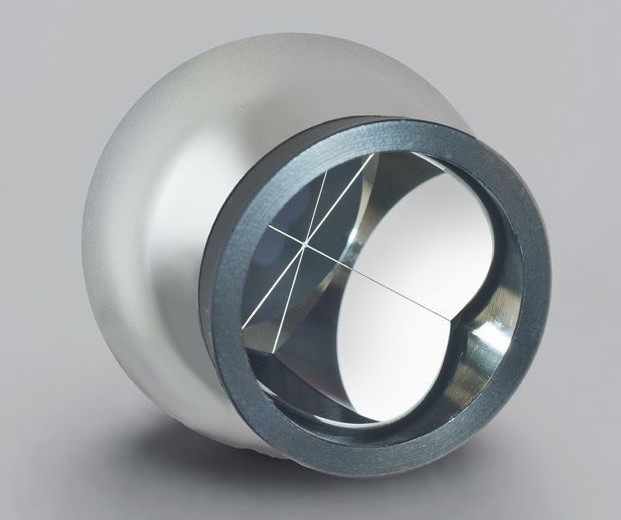
Reflects light back towards it’s source with minimal scattering
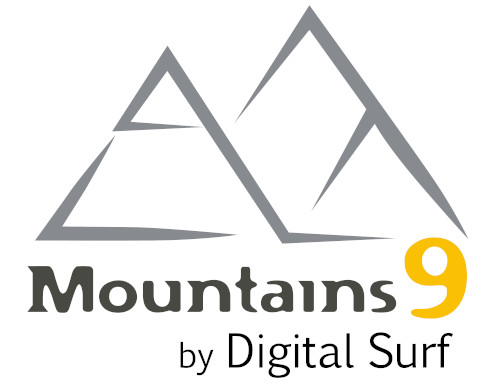
A comprehensive solution for laboratories using several types of microscope and profilometer

Benchmark technology for 2D and 3D surface texture analysis and metrology, seamlessly integrates with profilometers and other surface measuring equipment
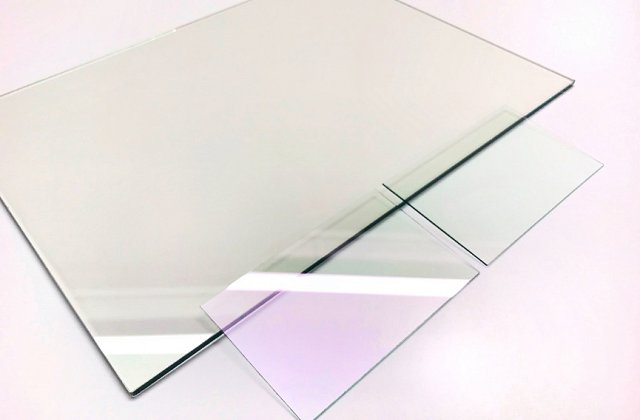
Conductive coating on one side to prevent EMI/RFI
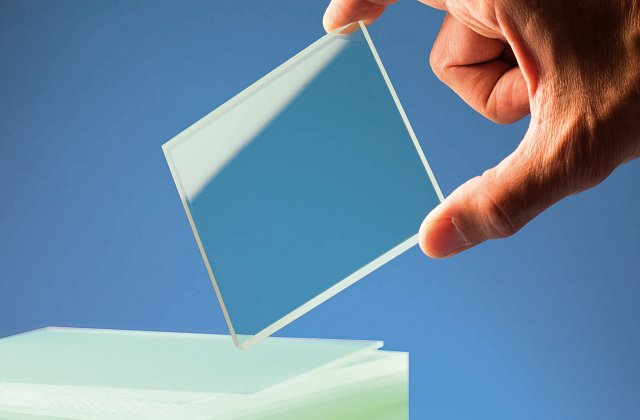
Plastic optical filter with broadband AR coating on both sides
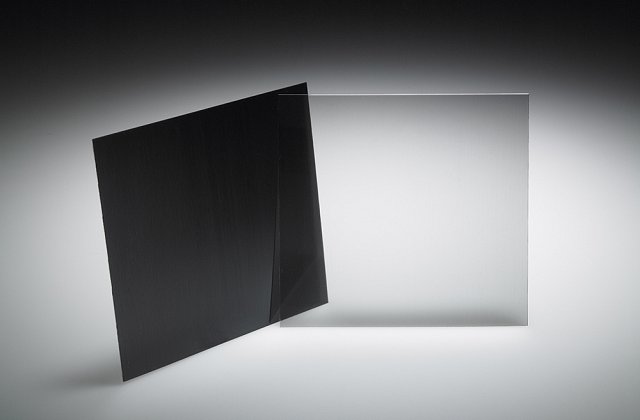
Privacy Glass & Light Control Film
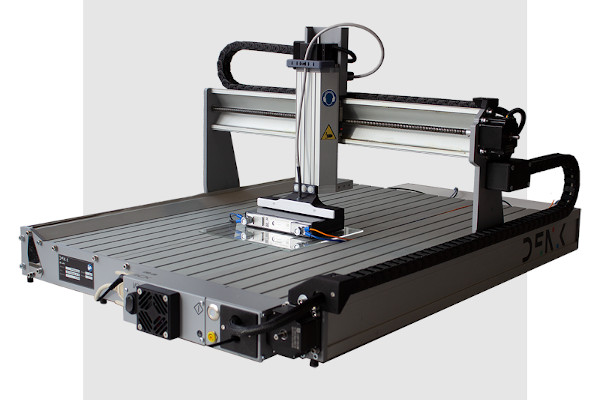
The DENKweit B-LAB is a desktop tool for measuring the direction and strength of electrical currents. It is easy to use, fast, non- contact and does not require the user to apply an electrical current during measurement. Data is highly precise, quantitative and in real time so hand held and in-situ options are also available.
The B-LAB can be combined with the DENKweit AI software DENKnetze to automatically identify faults and features. DENKnetze is affordable and easy to use.
DENKweit from Halle Germany are an award winning 2018 spin out from the Fraunhofer Institute. Their innovative Magnetic Field Imaging technology combined with their own AI solution DENKnetze has already been sold to a number of world renowned companies and institutes across a variety of applications.

The DENKweit technology is used across a variety of different applications.
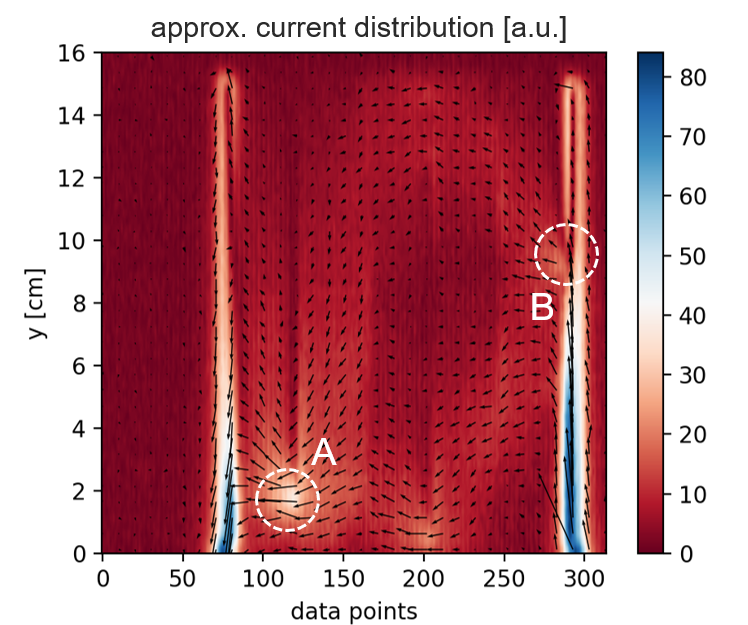
Shingled Modules (photovoltaics)
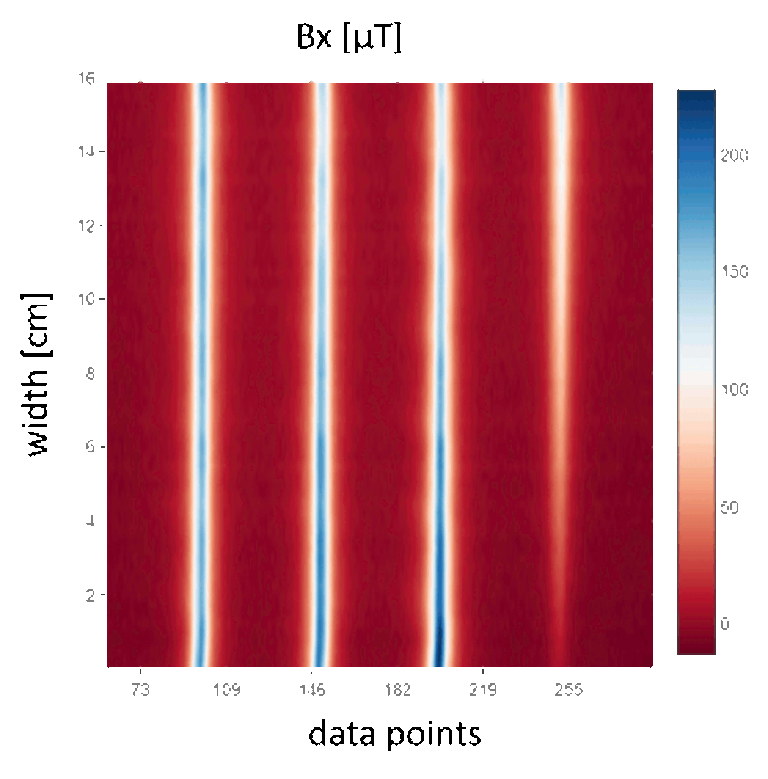
Cell Connectors (photovoltaics)
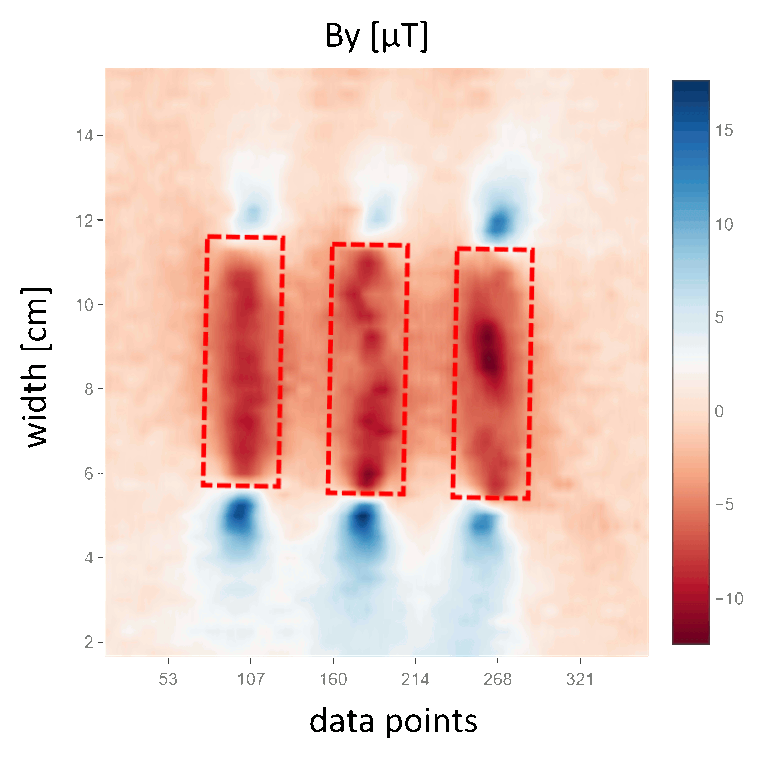
Batteries (cylindrical cells)
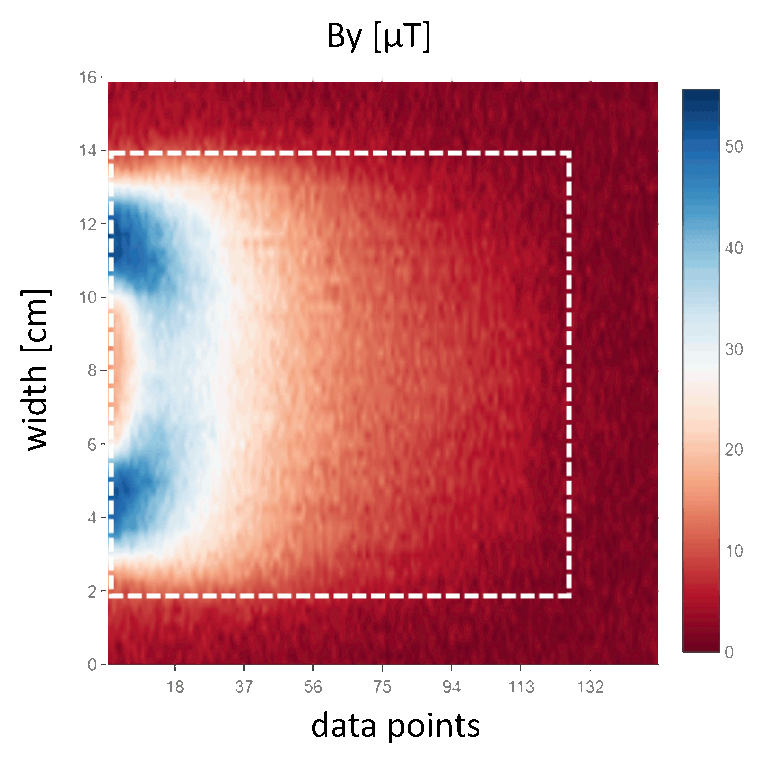
Batteries (pouch cell)
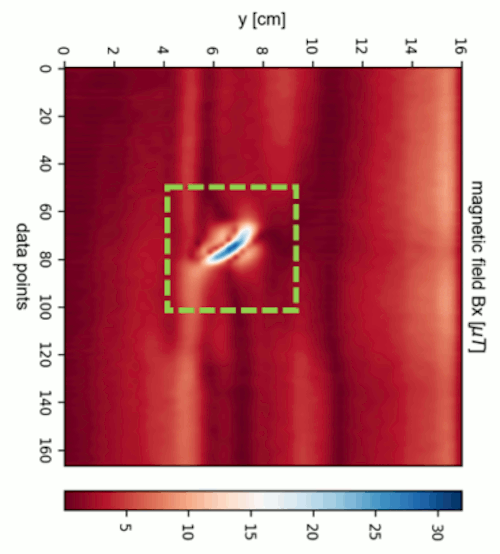
Cracks (metal processing)
The DENKweit B-LAB is used within world renowned companies and institutions.
The University of New South Wales (UNSW)
The University of New South Wales (UNSW) in Australia is working with a DENKweit B-TECH tool to investigate new types of contacts in order to find faults and to fully exploit the potential of new technologies.
This application involves smart-wire technologies, adhesive technologies and other PV contacting concepts for solar cells and modules.
If you would like to read about this in more detail please visit IEEE Xplore for an interesting publication here.
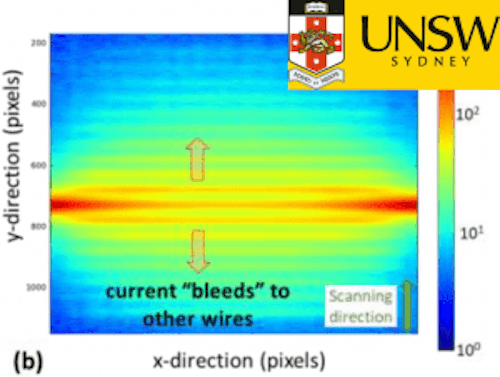
The Fraunhofer Center for Silicon Photovoltaics (CSP)
The Fraunhofer Center for Silicon Photovoltaics use the DENKweit B-TECH technology for the analysis of soldered connectors of entire solar modules. In addition, all other major electrical defects are located.
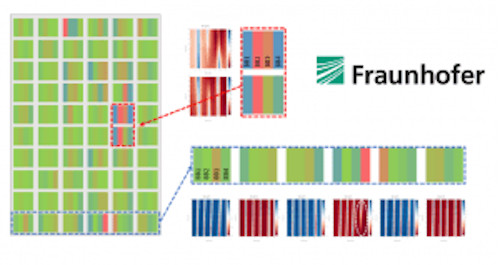
The Technical University of Clausthal
The Technical University of Clausthal is researching more safety and longer lifespans for batteries for electromobility. With the DENKweit technology, the TU gets a deep insight into the processes of batteries.
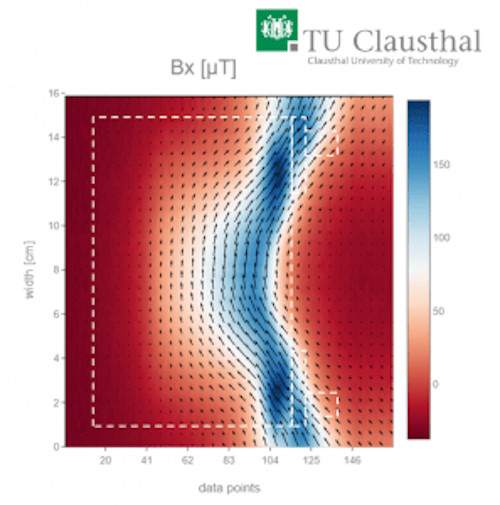
| Minimum measurable current | 2-5mA/cm2 (strongly dependent on sample and distance) |
| Maximum measurable current | >500A |
| Spatial resolution | 2.5mm in x, µm range in y and z |
| Resolution through different scan modes | up to µm range |
| Individual sensor length | length of system or up to 3m |
| Power supply | 230V, 50/60Hz, 8A |
| Sensor | 3-axis magnetic field sensor from B-Tech series |
Other instruments in the Testing & Analysis range
We’re here and ready to provide information and answers to your questions
©Mi-Net 2023. All Rights Reserved.
Website by Fifteen.co.uk